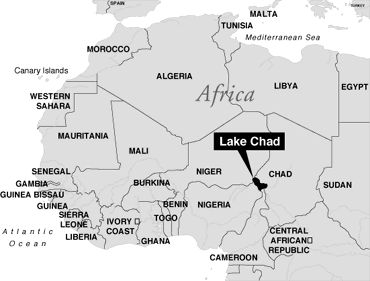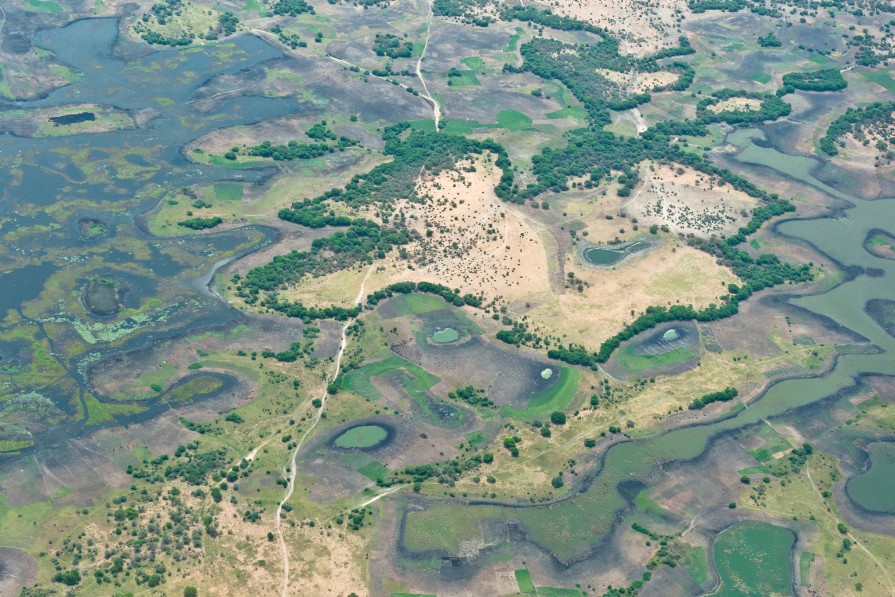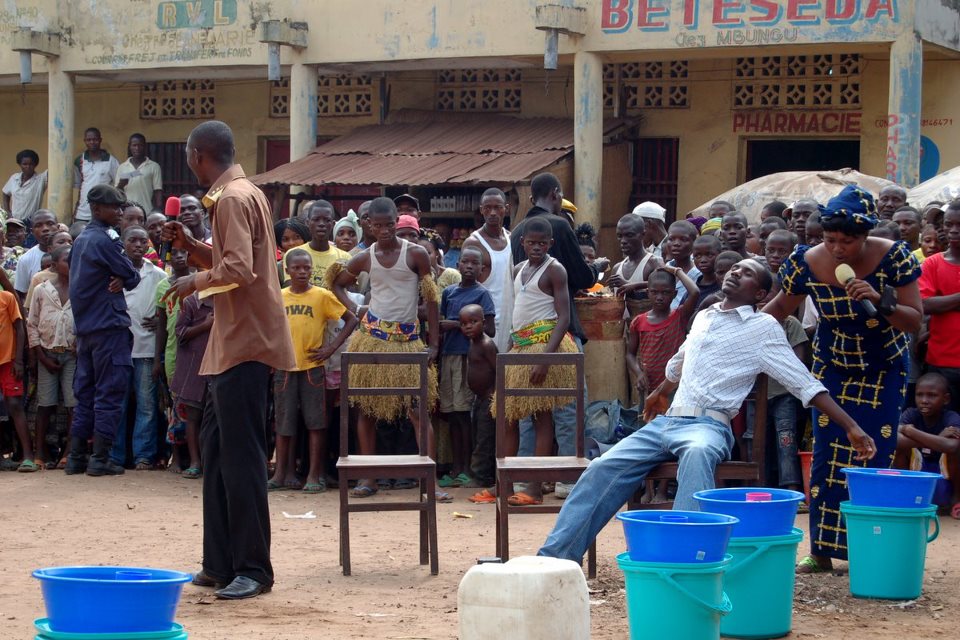The Western African nation of Niger is experiencing an outbreak of cholera. To date, 51 people have died of the disease this year–deaths are on the rise, with 38 deaths taking place in September alone.
The UN Office for the Coordination of Humanitarian Affairs (UNOCHA) reported that 1,300 people have been infected with cholera so far this year in Niger. The high rate of infection has been caused in part by the heavy flooding which has existed in Niger since June.
The outbreak involves four of Niger’s eight regions, and UNOCHA is taking steps to contain the illness and prevent it from appearing in new places, according to officials.
 Cholera is a food- and water-borne disease, like salmonella, polio, hepatitis A, e. coli, and transmissible spongiform enephalopathies–although cholera is a particularly aggressive infection–and is prevalent in Asia, Africa and South America.
Cholera is a food- and water-borne disease, like salmonella, polio, hepatitis A, e. coli, and transmissible spongiform enephalopathies–although cholera is a particularly aggressive infection–and is prevalent in Asia, Africa and South America.
The ingestion of food or drink contaminated with human waste is the common means of cholera transmission. Symptoms include diarrhoea and dehydration, and death can result within 24 hours if the disease remains untreated.
 The world is currently experiencing its seventh recorded cholera pandemic. Each has been devastating.
The world is currently experiencing its seventh recorded cholera pandemic. Each has been devastating.
There are currently 100 active strains of cholera in the world, which makes development of an effective vaccine difficult, as each vaccine can only target one version of the bacterium.
 The current outbreak in Niger involves the special concern of 105,000 refugees from Boko Haram and the Nigerian army have settled in Diffa, southeastern Niger. Many of these refugees have settled on the islands of Lake Chad where there is limited access to drinking water and hygiene and sanitation are precarious.
The current outbreak in Niger involves the special concern of 105,000 refugees from Boko Haram and the Nigerian army have settled in Diffa, southeastern Niger. Many of these refugees have settled on the islands of Lake Chad where there is limited access to drinking water and hygiene and sanitation are precarious.
Photos: Oxfam East Africa, barth1003, mashroms
